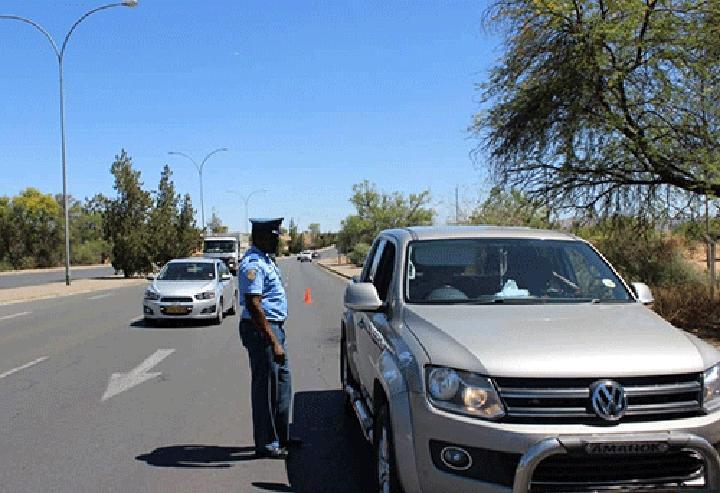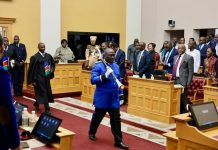Africa-Press – Namibia. In the City of Windhoek, residents and visitors, both drivers and owners of vehicles, all rely heavily on vehicular transportation to get around. Each of these vehicles bears a number plate or registration number, which represents its unique identity. The process of obtaining that unique registration number is carried out through a registering authority. This process is governed by Section 20 of the Road Traffic and Transport Act, (Act 22 of 1999), to ensure vehicles meet required standards before use on public roads. However, there are exceptions to this effect as outlined in the Road Traffic and Transport Regulations-RTTR, (Government Notice 53 of 2001). Under specific circumstances, individuals may operate unregistered vehicles on public roads, and this is facilitated by temporary or special permits.
The Road Traffic and Transport Regulation under sub-section 66 (1) (a) and (b) pertains to conditions in which one can be exempted from operating an unregistered vehicle on a public road. One way is by means of a Temporary Permit, which allows a vehicle driver on a public road as if that vehicle was registered and licensed. This permit can be obtained on condition that a driver is delivering the vehicle or if the driver is a registered motor dealer. This implies that, such permit is only issued when the vehicle is used for the purpose of registering and licensing. Therefore, anyone who owns a vehicle that is not registered yet, such vehicle owner can obtain a temporary permit for a period not exceeding 21 days.
The second condition of exemption is through a Special Permit. This permit is issued to fit specific situations such as testing a vehicle by a manufacturer or builder, going to or from a repair shop, visiting an examiner, or repossessing a vehicle. With this permit, one is not permitted to carry goods or passengers and in terms of validity, a special permit is only valid for three days.
It is further worth noting the display of a temporary permit or special permit must be done in line with the provisions of regulations, whereby, if the vehicle has a rear window, the permit should be displayed inside the window at the lower left-hand corner. This way, it can be easily read from behind the vehicle. If the vehicle does not have a rear window, the permit should be displayed on the rear of the vehicle in a noticeable area.
In addition, it is not permitted for someone to drive a vehicle on a public road if the temporary or special permit displayed on the vehicle does not belong to that vehicle. Lastly, if a temporary or special permit is on display but it is difficult to see or it is obscured, driving that vehicle on the road is not allowed unless the reason for it is beyond the driver’s control.
Drivers who are found contravening these regulations are guilty of an offence. The Windhoek City Police will continue to educate; however, law enforcement will also be applied in accordance to contravention relating to these regulations on the registration of vehicles.
For additional clarification on this or any other police-related information, please do not hesitate to contact us at our toll-free number 061302302, or send us an SMS on 4444.
For More News And Analysis About Namibia Follow Africa-Press






